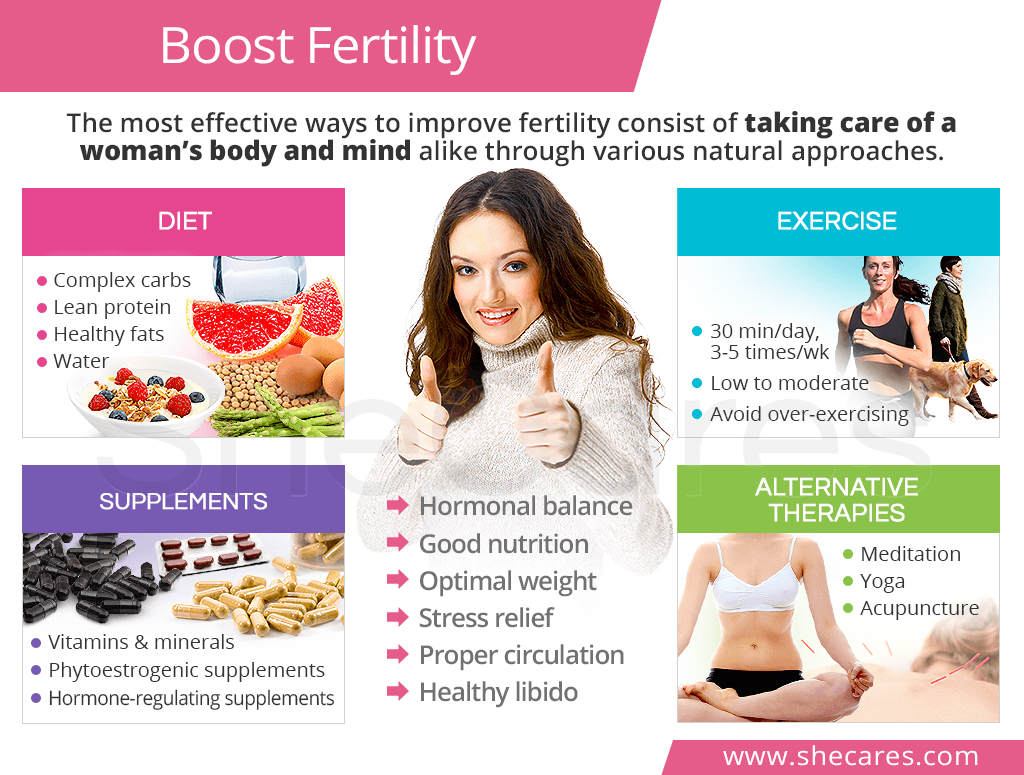How to get pregnant?
However, apart from this, it is necessary to pay attention to other methods that can be applied in sexual intercourse during ovulation periods.
So, how to get pregnant the easiest, what are the methods?
Here are the recommendations that increase fertility.
How does pregnancy happen?
If you're thinking about having a baby, you probably want to increase your chances of getting pregnant.
While it's important to educate yourself on how to increase your chances of conceiving, that doesn't mean there's a magical, secret way to get pregnant faster.
An estimated 40% to 60% of couples younger than 30 will conceive within 3 months of trying.
When the ovaries release an egg or egg that passes through the fallopian tubes and eventually travels to your uterus, it happens around the time of ovulation.
To reach an egg, sperm must enter the vagina, pass through the cervix and uterus, and reach the fallopian tubes, where fertilization usually occurs.
For a pregnancy to occur, that fertilized egg must then attach to the uterine wall through a process called implantation, which usually occurs 6-12 days after conception.
When to have sex to get pregnant?
You don't have to wait for the day you ovulate for sexual intercourse.
The best time to have sex is when you are most fertile before, during, and immediately after ovulation.
Because sperm can live in the fallopian tubes for 3-5 days.
Basically, it is worn like a hitchhiker and waits for the egg to pass through and go to the uterus, where implantation occurs.
Once released, an egg can survive for 12-24 hours.
Thus, you can also get pregnant by having sex a day or two after ovulation before the egg breaks down and is expelled from your body.
Once the egg is gone, you should wait until your next spawning to try again.
How to get pregnant?
Ovulation usually occurs between days 14 and 16 of your cycle.
However, ovulation can occur sooner or later, depending on the length of your cycle.
The typical cycle lasts 28-30 days, but there are those with 24-day cycles and some with 35-day cycles.
The first day of your menstrual period marks the beginning of your cycle, so if you have a regular menstrual period at about the same time each month, it's easiest to keep track of when you'll ovulate.
However, there are additional steps you can take to know when you are about to ovulate: Keep track of your body temperature, which rises during ovulation.
Take your temperature every morning without getting out of bed.
Check your cervical mucusIn the days leading up to ovulation, vaginal discharge will appear white with a smooth texture.
When you start laying eggs, it will become clear and slippery.
Try an ovulation prediction kit, which is available over the counter and provides urine tests that will measure hormone levels that show you when you're ovulating.
How to increase fertility?
If you're having trouble getting pregnant, or just want to increase your chances of getting pregnant faster, here are some steps you and your partner can take at this point.
Proper nutritionA healthy diet has been proven to increase fertility for both partners.
For example, a diet rich in zinc and vitamins C and E has been linked to an increase in both sperm count and motility, namely the strength to swim throughout the cervix.
A mostly plant-based diet that includes plenty of vegetable-based protein, beans, and nuts can help reduce the risk of infertility due to ovulation issues.
Taking a prenatal vitamin can prepare your body with the right nutrients it needs to get pregnant.
No one said it would be easy.
You should quit both alcohol and smoking and reduce your caffeine intake.
Also, limit the following in your diet: SugarMeatTrans fats, such as those in fried and processed snack foodsMaintain your weightBeing thin or overweight puts people at risk of hormonal imbalances that can lead to irregular cycles and make it difficult to get pregnant.
Studies show that being obese can reduce sperm count.
In addition, obesity-related health problems such as type 2 diabetes or high blood pressure can also lower testosterone levels and make it difficult to get and get an erection.
However, research shows that these infertility problems can sometimes be reversed by achieving and maintaining a healthy BMI (body mass index) in the sexes.
Contrary to popular belief, you won't burn a lot of calories while having sex.
For some effective tips on losing weight, consult a specialist on how to lose weight safely.
Both partners should schedule a visit with a certified doctor to make sure you don't have any conditions that could reduce your chances of getting pregnant.
The amount and motility of sperm in each ejaculation is key to fertilizing an egg.
Some medical conditions that can impair sperm function and affect fertility are:DiabetesCystic fibrosisAutoimmune disordersPelvic infectionChemotherapyRadiation cancer treatmentsHypothalamus dysfunctionMedical conditions that cause painful or menstrual delay, such as endometriosis or polycystic ovary syndrome (PCOS), may be associated with fertility problems.
Other conditions that can disrupt the ovulation cycle and cause fertility problems include:DiabetesCeliac diseaseThyroid diseaseVaginal infectionsBoth partners should consult an obstetrician to make sure you don't have any conditions that could reduce your chances of getting pregnant.
Sometimes women may also have fertility problems caused by structural abnormalities.
An examination can reveal fibroids or cysts, which can sometimes cause problems in pregnancy.
In addition, an ultrasound or other imaging studies may be necessary to confirm that the fallopian tubes are open and that there is nothing disrupting the endometrial cavity or lining of the uterus.
How to get pregnant fast and easy?
There are several methods that can help increase fertility and improve the chances of getting pregnant. These include:
Maintaining a healthy weight: Being either overweight or underweight can disrupt ovulation and make it more difficult to get pregnant.
Eating a healthy diet: Eating a diet that is rich in fruits, vegetables, whole grains, and lean protein can help improve fertility.
Exercising regularly: Regular physical activity can help maintain a healthy weight and improve overall health, which can increase fertility.
Managing stress: High levels of stress can affect ovulation, so finding ways to manage stress through techniques like yoga, meditation, or therapy can be helpful.
Avoiding smoking and excessive alcohol consumption: Both smoking and excessive alcohol consumption can negatively impact fertility.
Taking prenatal vitamins: Taking prenatal vitamins that contain folic acid and other essential nutrients can help prepare the body for pregnancy.
Understanding your menstrual cycle: It is important to understand your menstrual cycle and to track ovulation. Some woman may want to use ovulation prediction kits or tracking apps to predict the most fertile days.
Seeing a fertility specialist: If you have been trying to get pregnant for six months or more without success, you may want to consider seeing a fertility specialist. They will be able to recommend more advanced treatment options, such as intrauterine insemination or in vitro fertilization (IVF).


